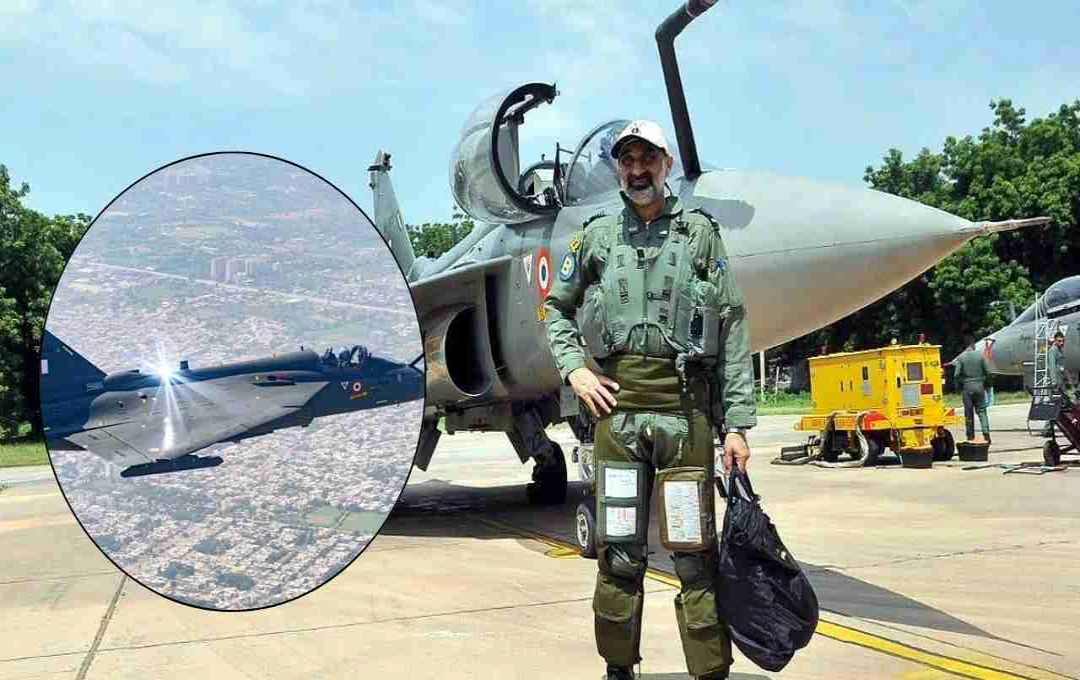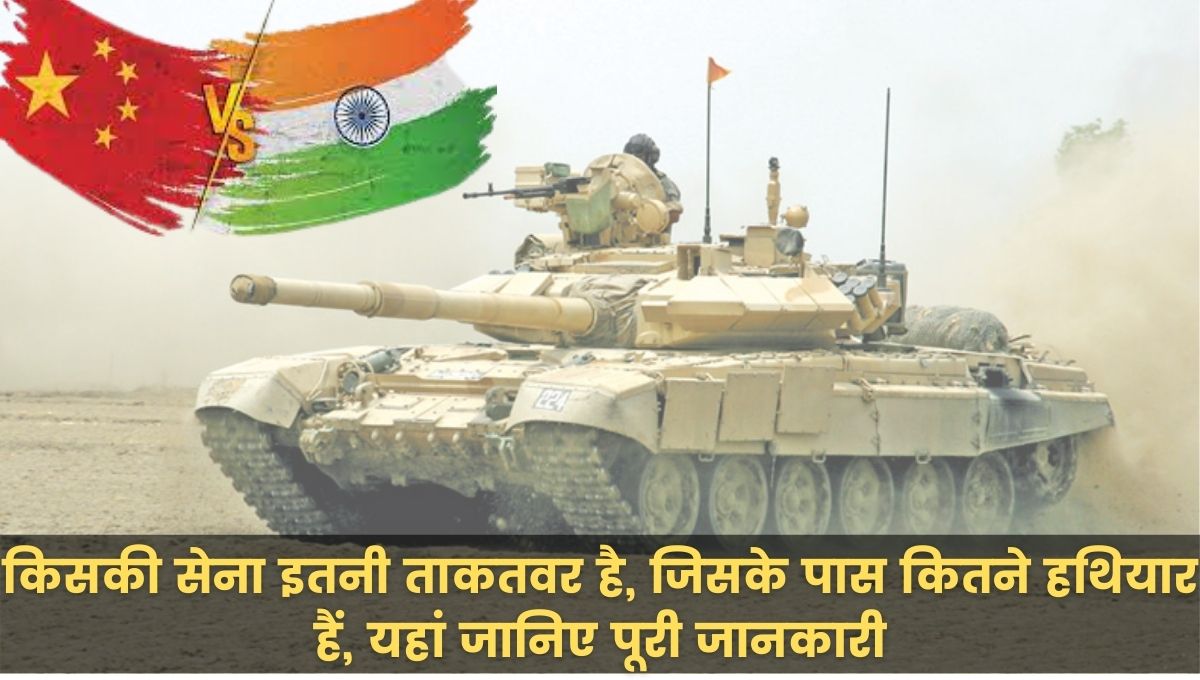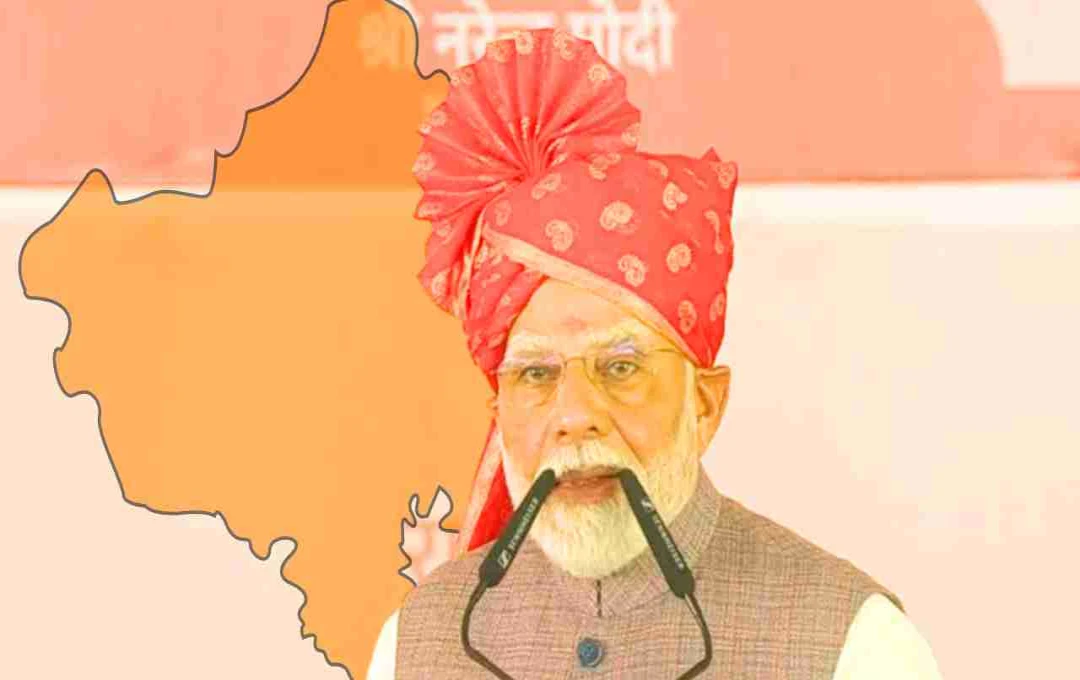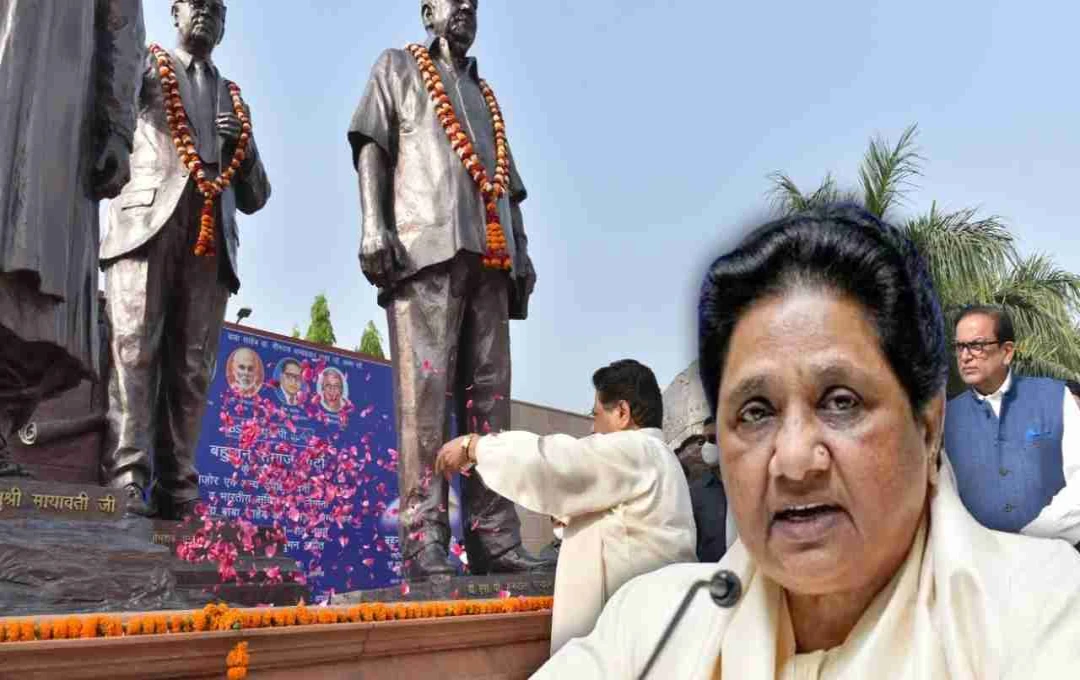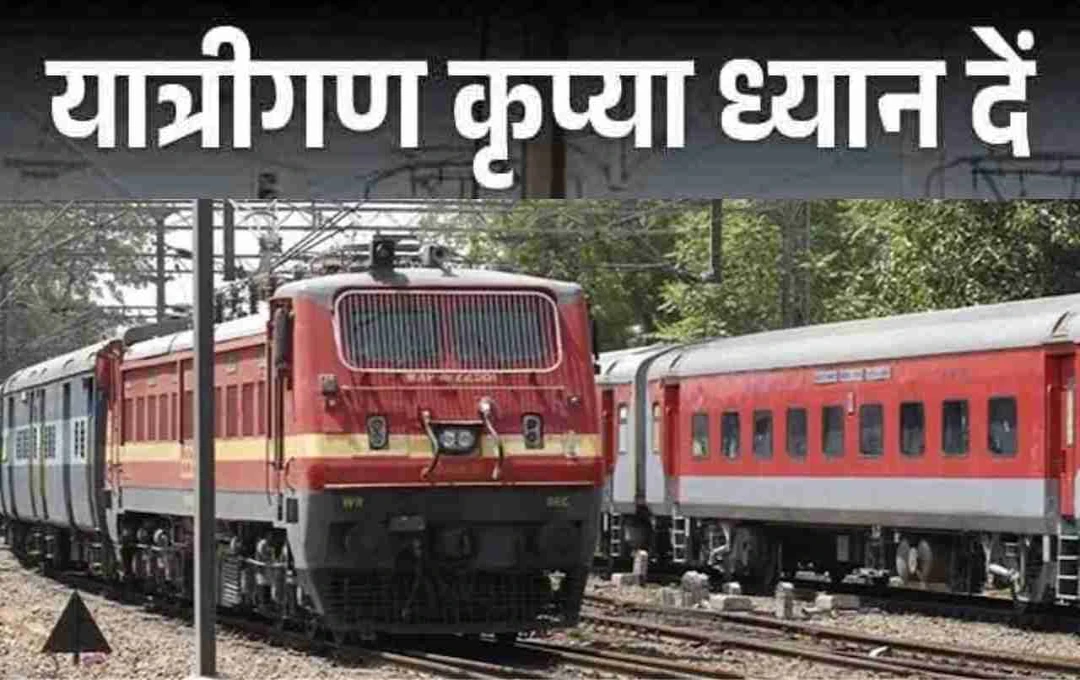Air Force Chief Questions HAL's Performance Amidst Tejas Mk-1A Delivery Delays. Production delays, engine supply shortages, and certification hurdles are causing delivery setbacks.
Defence News: The indigenous Tejas Light Combat Aircraft (LCA) Mk-1A is a crucial project for the Indian Air Force (IAF), but delivery delays have raised concerns. Air Chief Marshal Amar Preet Singh has once again expressed his displeasure with Hindustan Aeronautics Limited (HAL). Let's understand the complete story of this issue, the reasons for the delay, and the future strategy.
Why is the Air Force Chief Angry about the Tejas Mk-1A Delivery Delays?
The delays in the delivery of Tejas Mk-1A jets have become a major headache for the Air Force. At the CII Business Summit on May 29, 2025, the Air Force Chief expressed his concern, stating that the industry should only make promises it can keep. Earlier, during the Aero India show in February 2025, he also expressed a lack of confidence in HAL. He believes that the "it will be done" attitude from HAL, an Indian company, is unacceptable.
The Journey of the Tejas Mk-1A Project
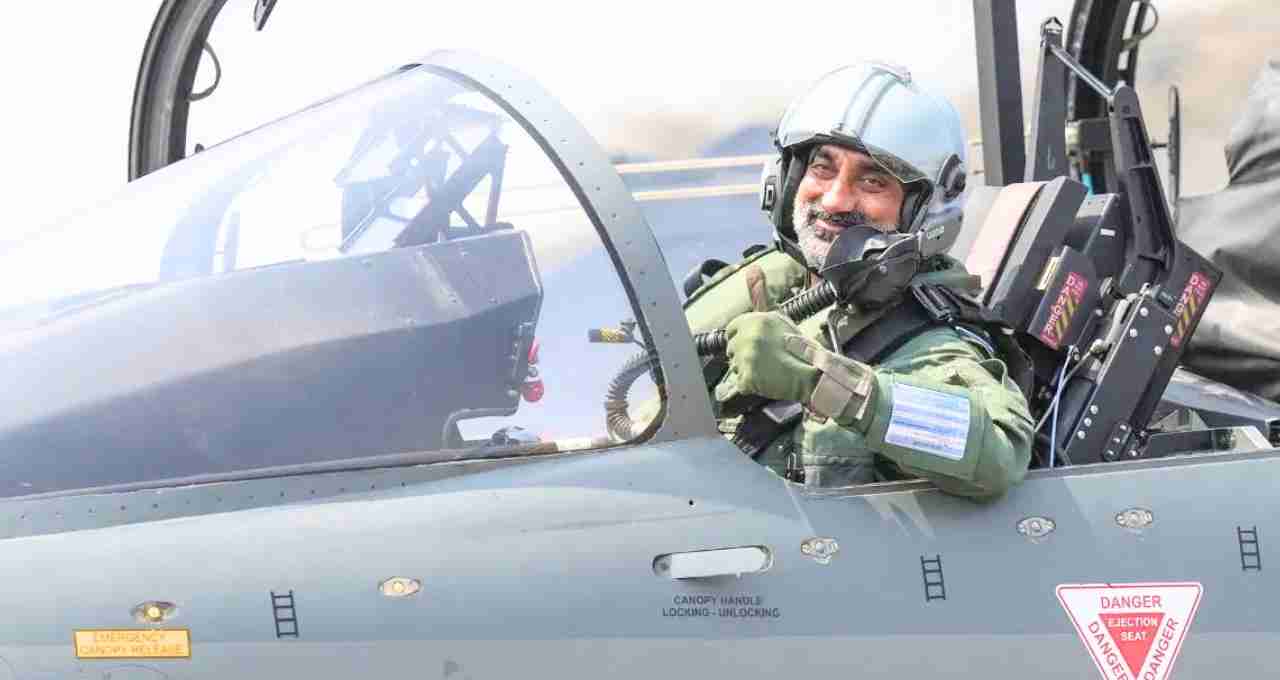
In February 2021, the Air Force signed a ₹480 billion contract with HAL for the delivery of 83 Tejas Mk-1A jets. The first jet was scheduled to be delivered by March 31, 2024, but the deadline was missed. HAL has now promised to commence deliveries from November 2024.
Main Reasons for Delivery Delays
Several factors contribute to the Tejas Mk-1A delivery delays. The most significant is the delayed engine supply by GE Aerospace. The American company was to deliver 99 F404-IN20 engines, but supply chain disruptions arose following the COVID-19 pandemic. There were also delays in receiving essential parts from South Korean companies. HAL received the first engine in March 2025, and expects 12 engines this year.
Additionally, technical certifications posed challenges. Testing and certification of new systems, such as the EL/M-2052 radar, the advanced AESA radar, the Astra missile, and the electronic warfare suite, faced delays. Testing of the Astra missile and radar commenced in January 2025.
Production speed also remained slow. HAL faced production challenges at its Bengaluru and Nashik facilities. However, a new production line has been established in Nashik, enabling an annual production capacity of 16-24 Tejas Mk-1A jets.
Growing Concerns of the Air Force
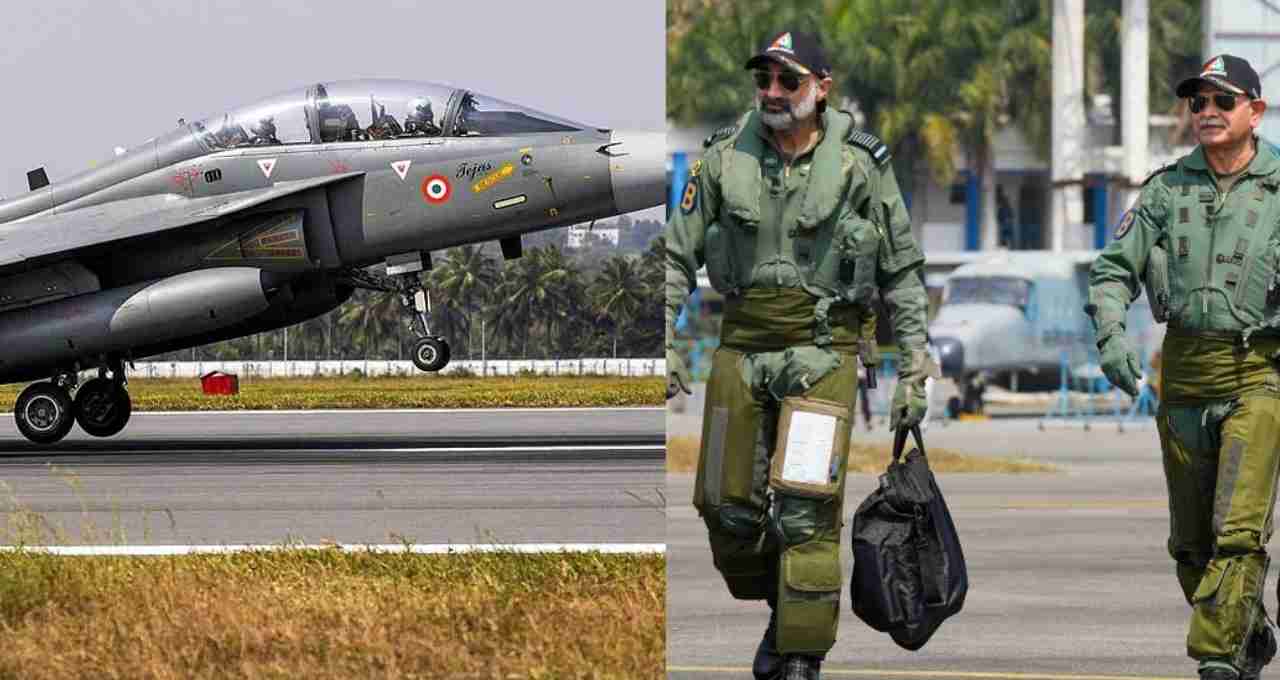
The Air Force currently operates 31 squadrons, while the requirement is for 42. The retirement of older aircraft like MiG-21s, MiG-27s, and Jaguars has impacted the Air Force's combat capabilities. The Tejas Mk-1A delivery delays further exacerbate these concerns, especially with rising tensions along the India-Pakistan border in 2025, increasing the need for a ber fleet.
HAL's Response and Future Strategy
HAL Chairman D.K. Sunil states that technical issues have largely been resolved. Engine availability will accelerate the delivery process. HAL promises to deliver 12 Tejas Mk-1A jets by the end of 2025 and complete the delivery of all 83 jets by 2028.
HAL has established three production lines in Bengaluru and Nashik, with a combined annual capacity of 24 jets. Private companies like Alpha Tocol have also been integrated into the project, supplying fuselages.
GE Aerospace's Role and Progress
GE Aerospace delivered the first F404-IN20 engine to HAL in March 2025. The company claims that supply chain issues are largely resolved and that 12 engines will be delivered in 2025. Prime Minister Narendra Modi also raised this issue during his visit to the US, aiming to expedite the project.
Future Plans and Air Force Expectations
The Air Force plans to procure an additional 97 Tejas Mk-1A jets, estimated to cost ₹670 billion. This order is expected to be completed by 2031. Work is also underway on the Tejas Mk-2 project, which will utilize the more powerful GE-F414 engine. Its first flight test is anticipated by the end of 2025 or early 2026.
The fifth-generation AMCA (Advanced Medium Combat Aircraft) project is also underway, but faces potential delays.
Ministry of Defence Initiatives
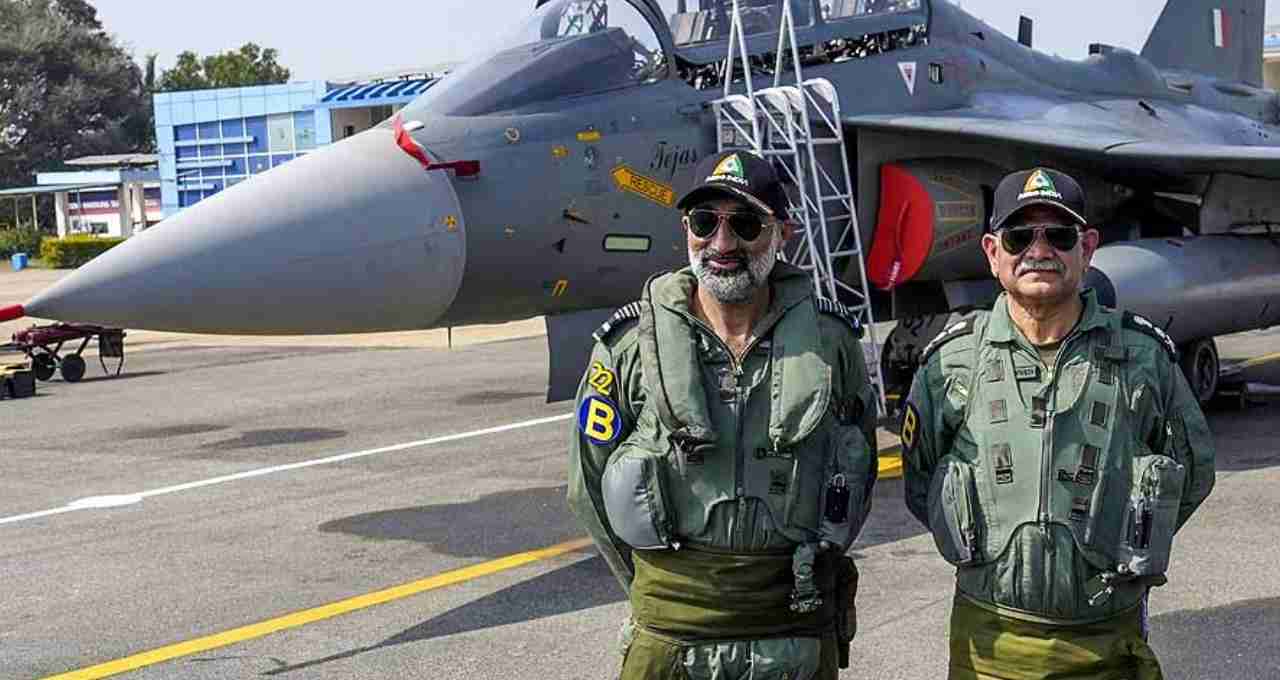
To address the delivery delays, the Ministry of Defence has formed a five-member committee chaired by Defence Secretary Rajesh Kumar Singh. The committee recommends greater private sector participation and increased production capacity to ensure timely deliveries.
Tejas Mk-1A Features
The Tejas Mk-1A is a state-of-the-art fighter jet featuring an advanced AESA radar, Astra missiles, and an electronic warfare system. More than 70% of its components are indigenously sourced, showcasing India's self-reliance. This fighter jet is fully capable of air-to-air and air-to-ground attacks.
Challenges and Solutions
The Tejas Mk-1A project faces three major challenges: engine shortages, certification delays, and HAL's limited production capacity. To address these, HAL has established new production lines, is negotiating supply chain issues with GE Aerospace, and is leveraging private sector support.
